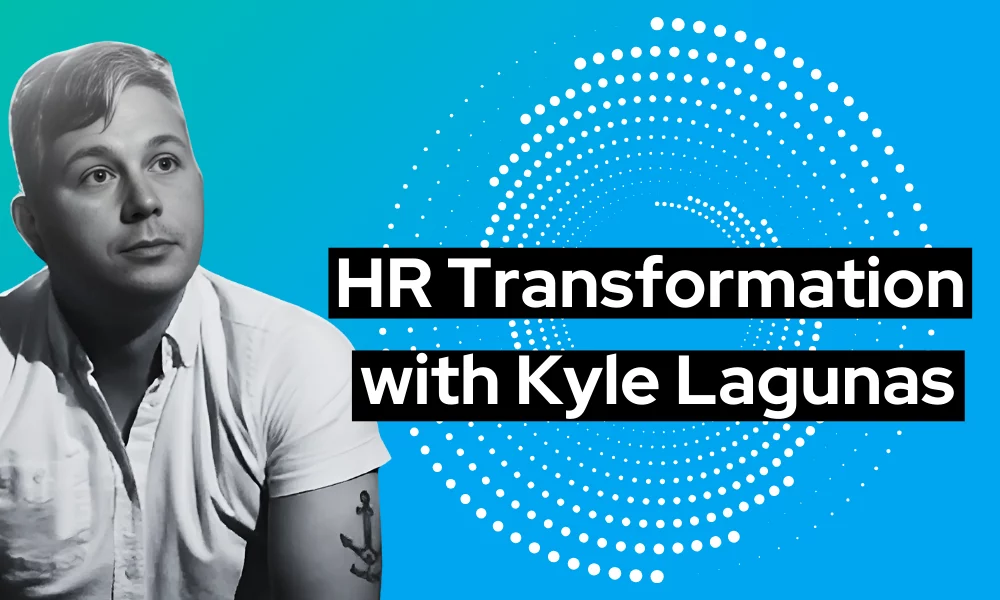
Make talent quality your leading analytic with skills-based hiring solution.

The traditional playbook that was HR is being rewritten. AI is reshaping work, skills-based strategies are transforming hiring, and HR teams are under pressure to deliver more with less. HR isn’t just about managing people anymore—it’s about engineering the future of work. In this Q&A session, Kyle Lagunas and Joseph Cole offer actionable insights and real-world examples to help HR and TA leaders stay ahead and navigate challenges as we approach 2025. Catch the replay here.
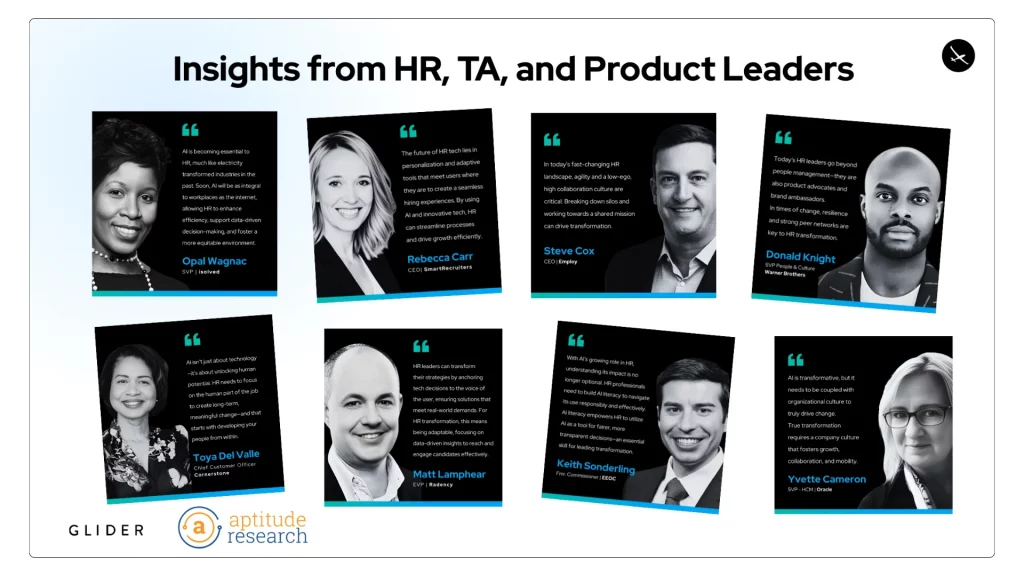
Kyle is an industry analyst at Aptitude Research, the host of the Transformation Realness podcast, and a former TA leader at General Motors. Kyle has become an influential voice in HR and TA community. In this Q&A session, Kyle shares insights from interviews with some of the biggest names in HR, TA, and HR Tech, including Rebecca Carr, CEO of SmartRecruiters; Yvette Cameron, Head of HCM Product Strategy at Oracle; Opal Wagnac, SVP of Product Marketing at iSolved; and Donald Knight, SVP People & Culture at Warner Brothers.
Skills-based hiring has moved from being a buzzword to a business necessity. In Kyle’s words, “Adopting skills-based talent strategies is the leading initiative driving HR’s agenda for the next 12 months.” The data backs it up—organizations implementing skills-based strategies are seeing results across recruitment, workforce planning, and talent retention.
💡 Pro Tip: “Many companies are saying they’re deploying skills-first strategies, but many are stuck in traditional modes, like focusing on degrees or past employers. The key is to start somewhere, even with pilot programs in specific departments” – Joseph Cole.
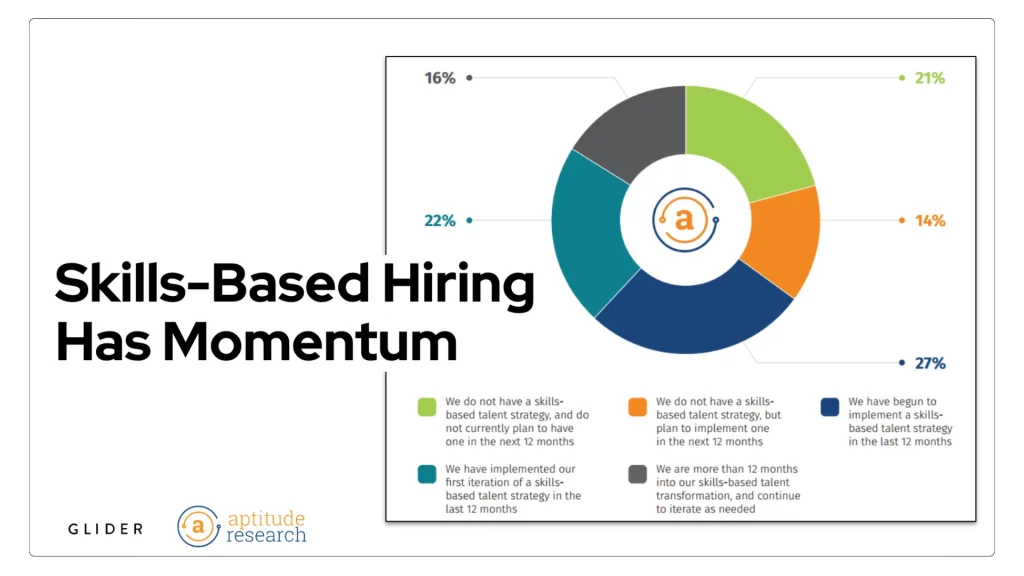
AI is no longer just about automation; it’s about transforming how work gets done. Kyle shared a powerful analogy from his interview with Opal Wagnac: “AI is essential to HR. It’s like electricity—completely transformative and integral to every aspect of the workplace.” The stats tell the same story: companies using AI are outperforming their peers in critical areas like retention and hiring efficiency.
🔍 Thoughtful Insight: “This is an opportunity for HR to own the innovation. If we don’t, other departments like IT or finance will take the lead, focusing solely on bottom-line results without considering the human impact” – Joseph Cole.
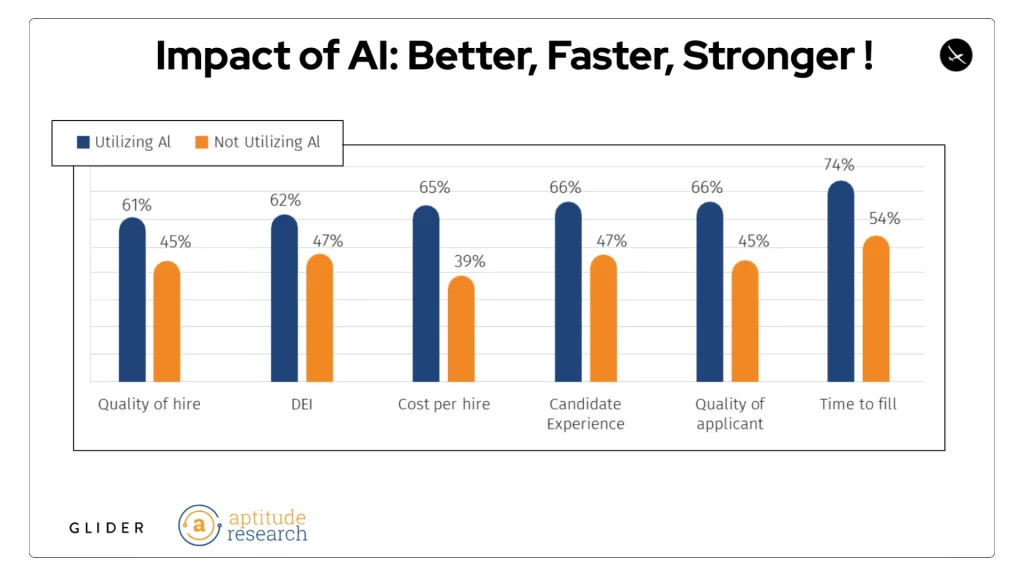
HR teams have faced unprecedented levels of burnout in recent years, from managing pandemic-driven transformations to navigating social and economic upheavals. Despite this, resilience shines through. As Kyle put it, “HR has been through the ringer again, but we’re going to come out of this stronger than people might expect.”
🔥 Hot Perspective: “Today’s HR leaders are doing way more than just people management. They’re product advocates, brand ambassadors, and even therapists for executives. In these times of change, resilience and strong peer networks are key” – Kyle Lagunas.
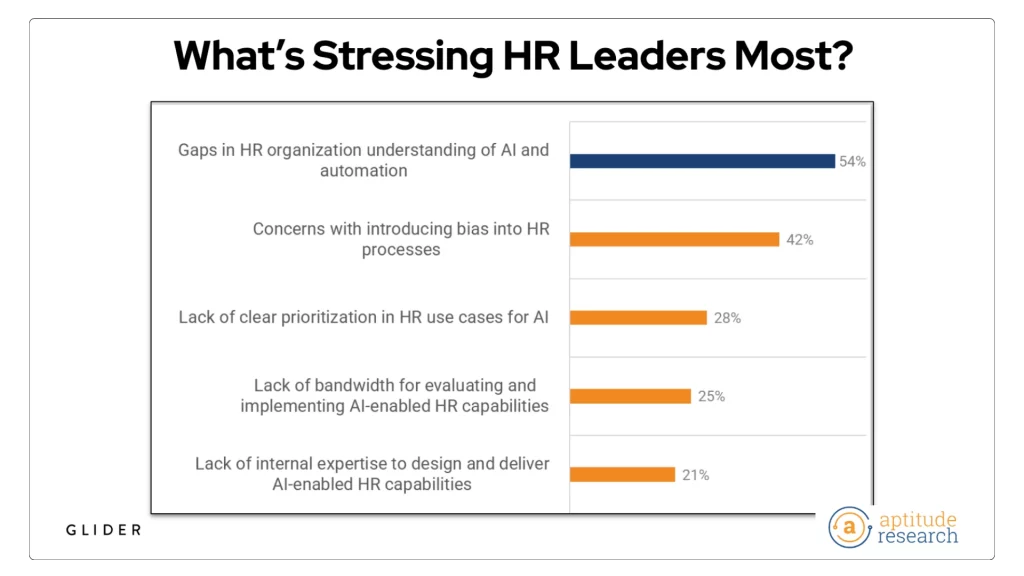
From Joseph: “HR is now part of the company culture. It’s no longer about being aloof or reactionary—it’s about owning the transformation and driving business results.”
From Kyle: “The opportunity is here, but so is the imperative. HR needs to push forward, lean into innovation, and ensure our voices are heard where it matters most.”
The future of HR is here—it’s time to step up and lead. Watch the recording here! 😎
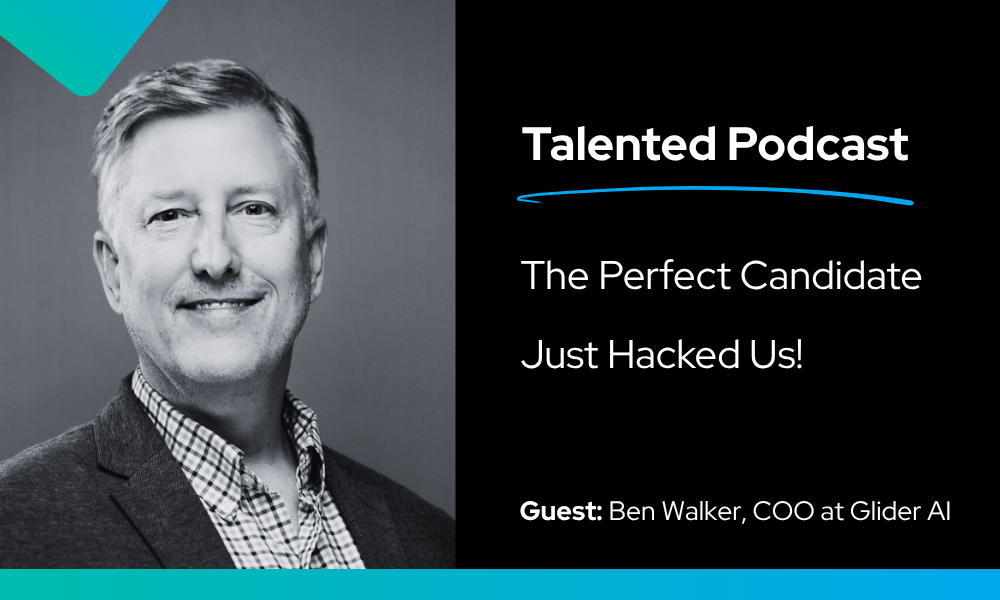
“The Perfect Candidate Just Hacked Us”: Inside the Global Playbook of Hiring Fraud That 100% test score might be your biggest red flag. Enterprise breaches don’t always start with phishing emails; sometimes, they start with a fake job interview. In this episode of Talented, Joseph Cole sits down with COO Ben Walker to unpack one […]
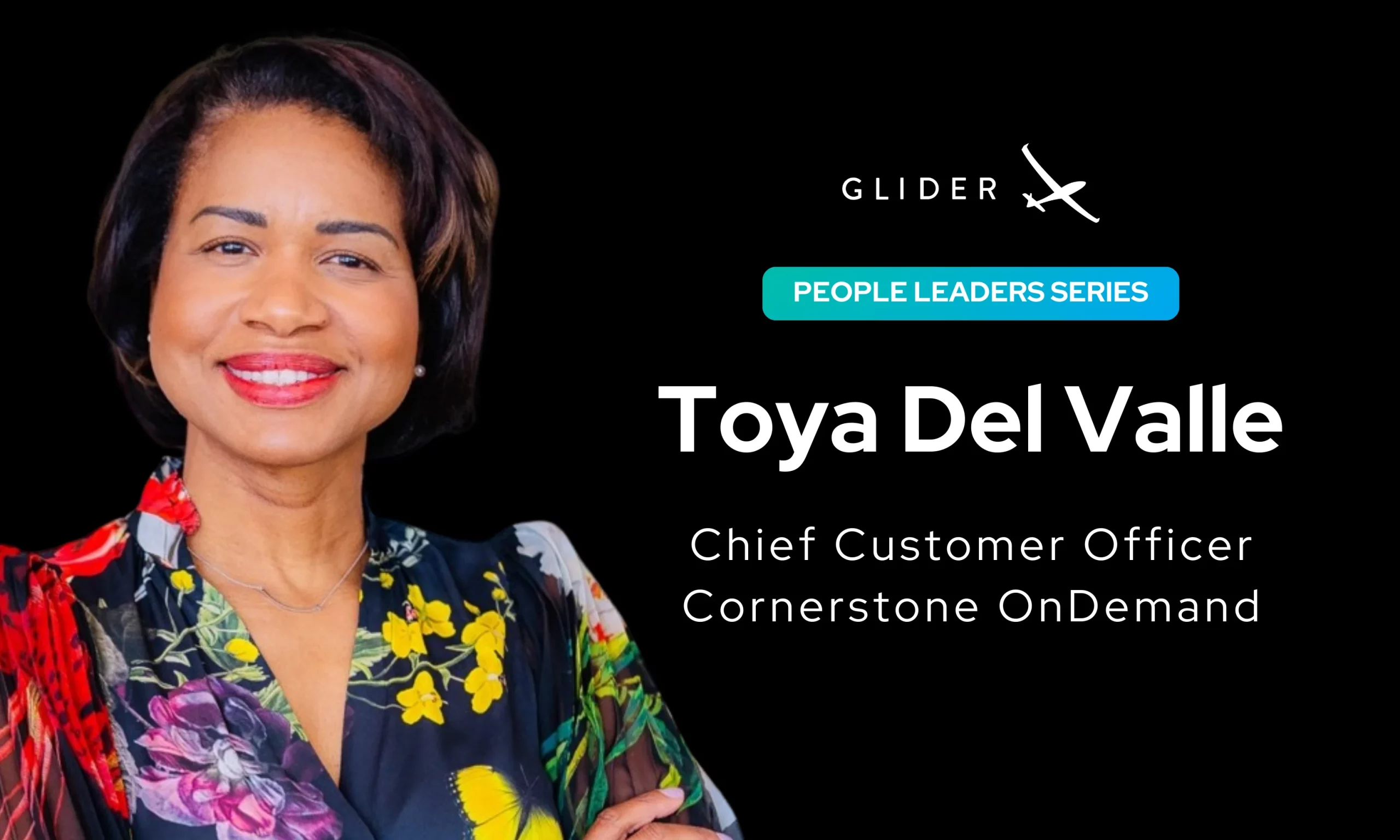
Can HR Stop Playing Buzzword Bingo with Skills and AI? If you’re an HR or TA practitioner or work in HR Tech in any capacity, AI and Skills-Based Hiring is what everyone is talking about. The problem? All the talk is diluting the importance of two very interrelated topics. Glider AI sponsored the Transformation Realness […]

Adaptive learning technology is designed to tailor educational experiences to the individual needs of learners by providing real-time feedback, customized pathways, and appropriate resources. This approach moves away from the traditional one-size-fits-all model to a more personalized delivery. Many companies are now using it for employee development, and it’s easy to see why. By injecting personalization […]